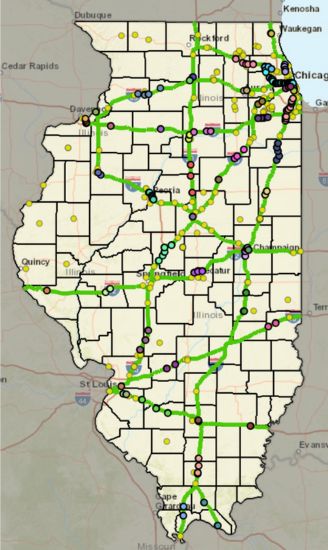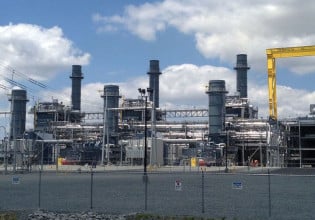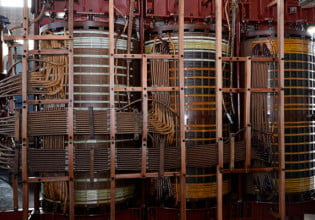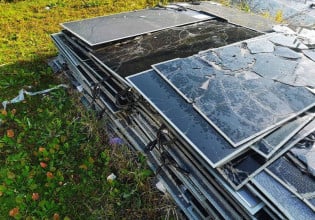Closing an Infrastructure Gap: XFC EV Batteries
StoreDot has partnered with EVE Energy to mass-produce extreme fast-charging Li-ion batteries to accelerate electric vehicle adoption.
The electrical vehicle (EV) market is moving toward mass adoption in the coming decades. But one major obstacle to widespread adoption is anxiety about charging speed and accessibility—no one wants to be stranded outside the range of local charging stations without a solution.
Extreme fast charging (XFC) provides a convenient means to quickly charge lithium-ion batteries. StoreDot, a developer of XFC batteries, has partnered with EVE Energy to mass-produce its 100in5 XFC cells. The agreement could make the technology more available to EV manufacturers.
StoreDot battery charging technology. Image used courtesy of StoreDot
Obstacles to Mass Electric Vehicle Adoption
One significant barrier hindering the widespread adoption of EVs is range anxiety and drivers’ persistent concerns over the availability and accessibility of EV charging stations. These concerns do not vanish once a consumer has opted into EV ownership. Anxiety about access to charging stations powerfully impacts EV owner behaviors, creating a significant psychological hurdle for EV adoption.
The uneven distribution of charging infrastructure, particularly noticeable when comparing the abundance of stations in major metropolitan areas to the scarcity in rural regions, is of particular concern. In these less populated or geographically expansive areas, the dearth of charging options poses a real challenge for EV owners, fueling fears of being stranded without power.
EV charging locations are unevenly distributed. Image used courtesy of Illinois Department of Transportation
The lack of uniformity in charging technology exacerbates this issue, making long-distance and daily EV travel a matter of logistical planning rather than convenience. On the other hand, the persistent ubiquity of gasoline stations highlights a significant infrastructure gap that needs to be addressed to alleviate consumer apprehension and encourage EV adoption.
StoreDot’s Extreme Fast Charging Solution
For over 10 years, StoreDot has been developing XFC cells, and the partnership with EVE Energy will give them access to the manufacturing capacities needed to commercialize this technology.
StoreDot’s reimagined Li-ion replaces the traditional graphite anode component with patented nanoparticle technology. These active-material nanoparticles accelerate ion diffusion, resulting in a leap in charging speed.
Backed by machine learning and AI-based data science, StoreDot’s silicon is combined with small-molecule organic compounds to improve battery performance. Because of this unique synthesis, the material can easily withstand volume expansion during charging and resist energy fade.
StoreDot’s XFC silicon anode material. Image used courtesy of StoreDot
StoreDot is also building out artificial intelligence infrastructure for its battery system to create precise real-time monitoring to enhance performance and protect the battery’s life cycle. It has already reached the first milestone on its roadmap by ensuring 100in5, or 100 miles of charging in five minutes. StoreDot plans to continue pushing the envelope with a goal of charging up to a 100-mile capacity in three minutes by 2028, producing a charging experience comparable to refilling the tank of a combustion engine car.
EVE Energy has worked with StoreDot since 2017. It operates 10 manufacturing facilities in Asia, Europe, and North America.








